 |
 |
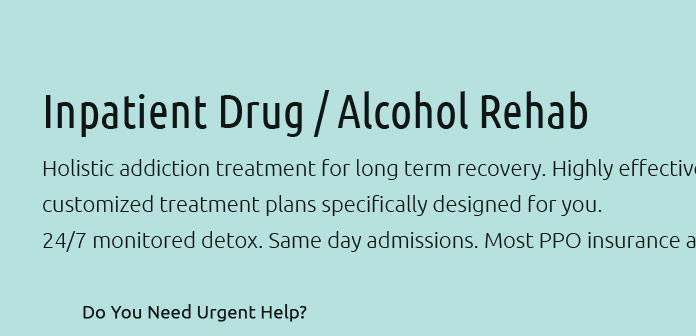 |
 |
 |
 |
||
 |
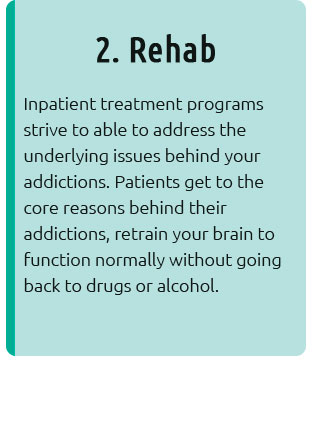 |
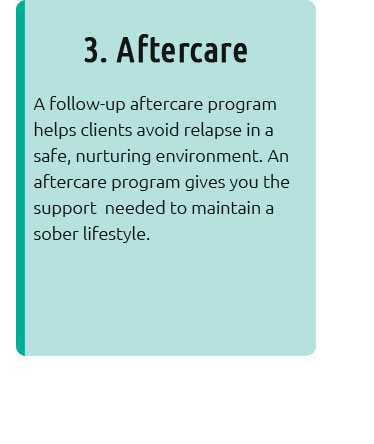 |
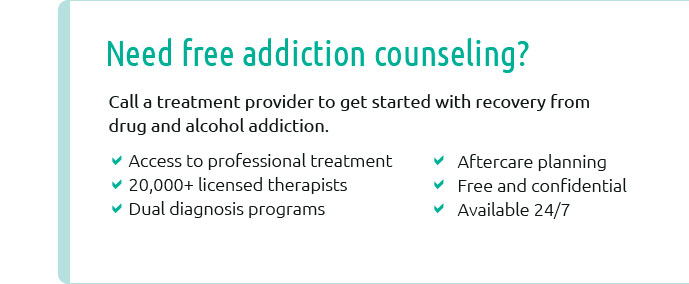 |
 |
 |
 |
||
 |
||
 |
||
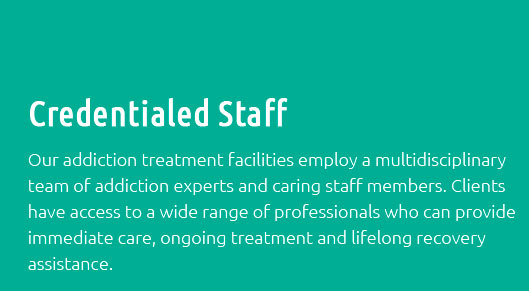 |
 |
 |
|
 |
|
Understanding Alcohol Inpatient Treatment: What to ExpectWhen considering the journey toward recovery from alcohol addiction, the decision to enter an alcohol inpatient treatment program is often a pivotal step, offering a structured and supportive environment for those seeking to break free from the grasp of dependency. Understanding what this entails is crucial for potential patients and their families, as it sets the stage for realistic expectations and preparation. This article delves into the nuances of alcohol inpatient care, providing insights into its operations and efficacy. Comprehensive Assessment Upon admission, patients typically undergo a comprehensive assessment, a vital component that tailors the treatment to individual needs. This process involves detailed medical evaluations and psychological assessments, ensuring that the care provided is both holistic and personalized. By identifying underlying health issues and mental health conditions, healthcare professionals can create a robust treatment plan that addresses more than just the symptoms of addiction. Structured Environment One of the most significant advantages of inpatient treatment is its structured environment. This setting minimizes external distractions and potential triggers, allowing patients to focus entirely on their recovery. Daily schedules often include therapy sessions, educational workshops, and recreational activities, all designed to foster a sense of routine and purpose. This structure is critical, as it helps patients develop healthy habits and coping mechanisms, which are essential for maintaining sobriety post-treatment. Therapeutic Approaches Alcohol inpatient programs employ a variety of therapeutic approaches, ranging from individual counseling to group therapy sessions. Cognitive-behavioral therapy (CBT) is a commonly used method, helping patients identify and change negative thought patterns that contribute to their addiction. Family therapy is also emphasized, recognizing the importance of a supportive network in the recovery process. By involving family members, programs aim to repair relationships and build a solid foundation for the patient’s future. Some programs might also integrate holistic therapies, such as yoga and meditation, which address the mind-body connection and promote overall well-being. Detoxification Process The detoxification process, often the first step in inpatient care, is medically supervised to ensure safety and comfort. Withdrawal symptoms can be severe and, in some cases, life-threatening, making medical oversight indispensable. Physicians and nurses are available around the clock to monitor patients and administer necessary medications, easing the physical and psychological strain of withdrawal. Education and Relapse Prevention Education is a cornerstone of inpatient treatment, empowering patients with the knowledge they need to understand their addiction and the tools required to combat it. Relapse prevention strategies are a critical component of this education, teaching patients how to recognize triggers and develop effective strategies to maintain sobriety. This proactive approach is vital, as it prepares individuals to face real-world challenges once they transition out of the inpatient setting. Aftercare Planning Upon nearing the completion of an inpatient program, aftercare planning becomes a focal point. Successful recovery does not end with inpatient treatment; it extends into long-term support. This planning involves identifying ongoing outpatient therapy options, support groups, and other resources that can help maintain the momentum achieved during treatment. Establishing a robust aftercare plan is crucial for preventing relapse and ensuring sustained recovery. In conclusion, while the decision to enter an alcohol inpatient program is undoubtedly daunting, understanding what to expect can alleviate some of the anxiety associated with this choice. The comprehensive and structured nature of inpatient care offers a beacon of hope for those committed to overcoming addiction, providing a foundation for a healthier, more fulfilling life. Embracing this opportunity requires courage and determination, but the potential rewards-a renewed sense of self, strengthened relationships, and a path to sobriety-are well worth the effort. https://www.addictioncenter.com/rehabs/new-york/rochester/
Start your search for Rochester, New York drug and alcohol rehab, detox facilities, and outpatient or inpatient rehabs for yourself or a ... https://www.urmc.rochester.edu/conditions-and-treatments/addiction
Our multidisciplinary team of caregivers provides outpatient treatment for substance use and related mental health disorders, serving adolescents and adults. https://www.rochesterregional.org/services/chemical-dependency
From substance abuse to peer counseling, our recovery, and rehabilitation programs emphasize individualized treatment in a flexible environment.
|